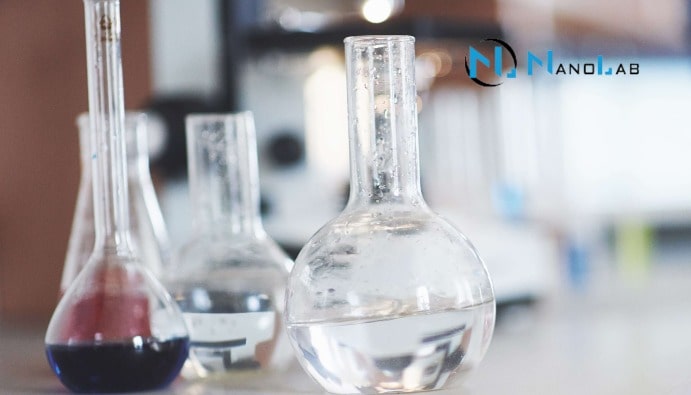Total Hardness Determination: Water and Analysis Methods
What Does Total Hardness Mean in Water Samples?

What is Total Hardness in Water?
The amount of dissolved calcium (Ca²⁺⁺) and magnesium (Mg²⁺⁺) ions in water refers to the Total Hardness of Water. These ions are the main minerals that determine the hardness of water. Hardness occurs when water dissolves minerals from natural sources such as limestone, dolomite and other mineralized rocks. Total hardness is expressed in calcium carbonate (CaCO₃) and determines the difference between “soft” water and “hard” water.
Why is Total Hardness Determination Performed?
It is done to determine the quality of water and whether it is suitable for its intended use, and water hardness is an important parameter that needs to be controlled in domestic and industrial areas.
- In domestic use, hard water can reduce the effectiveness of soaps and detergents and cause lime deposits in pipes.
- In industrial use, high hardness can lead to scaling of equipment, resulting in energy losses and increased maintenance costs.
- Hardness is also important indrinking water quality, as high hardness can affect the taste of drinking water and cause digestive problems.
What are Total Hardness Determination Methods?
There are several commonly used methods for the determination of total hardness in water:
- Complexometric Titration (EDTA Method): It is the most commonly used method and calcium and magnesium ions form a complex by adding EDTA (Ethylenediaminetetraacetic acid) to the water. The amount of hardness is calculated by color change.
- Fixed Titration Method: Hardness in water is determined using a fixed amount of solution. This method is usually fast, but less accurate.
- Spectrophotometric Methods: Measures the hardness of water by taking advantage of the ability of calcium and magnesium ions to absorb specific wavelengths of light.
- Ion Chromatography: Calcium and magnesium ions in the water sample are chromatographically separated and precisely measured. Usually used in more advanced laboratories.
Nanolab Laboratories Group continues to provide services within the scope of Total Hardness Determination. We also provide services in Hemodialysis Water Analysis.
Contact us for more information.
You can follow us on LinkedIn for up-to-date news and posts about our services.
Follow our Instagram account to be informed about our latest blog posts.

